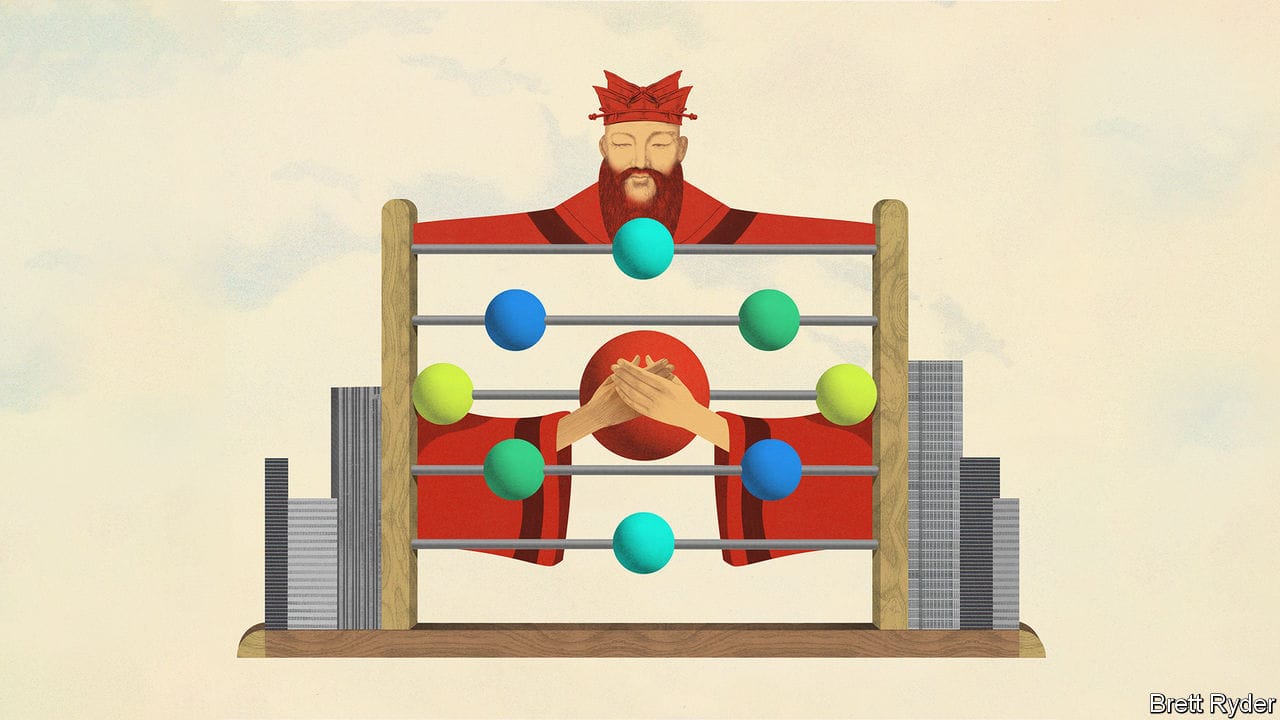- by Amy Yee
- 01 15, 2026
-

-
-
Loading

Loading


SHIBUSAWA EIICHINHKJCCI is having a moment. A 19th-century industrialist known as the “father of Japanese capitalism’”, he helped found more than 500 firms, including Japan’s first modern bank. His life story has been turned into a hit new drama on , Japan’s national broadcaster, and his likeness will grace a new ¥10,000 bill. “The change of the times is calling him back,” says Shibusawa’s great-great-grandson, Shibusawa Ken, who heads an asset manager in Tokyo. “There is a rethink about capitalism happening.”Shibusawa’s business philosophy, “the Analects and the abacus”, is in vogue. Echoing the 17th-century Edo-era precept of , or “three-way good”—namely for buyers, sellers and society—Shibusawa fused Confucianism’s collectivist morality with market logic. Business should, Shibusawa believed, pursue private gain but in a way that benefits the public. If this sounds familiar, it is because “it is exactly stakeholder capitalism”, says Mimura Akio, head of the Japan Chamber of Commerce and Industry (), a business federation founded by Shibusawa.